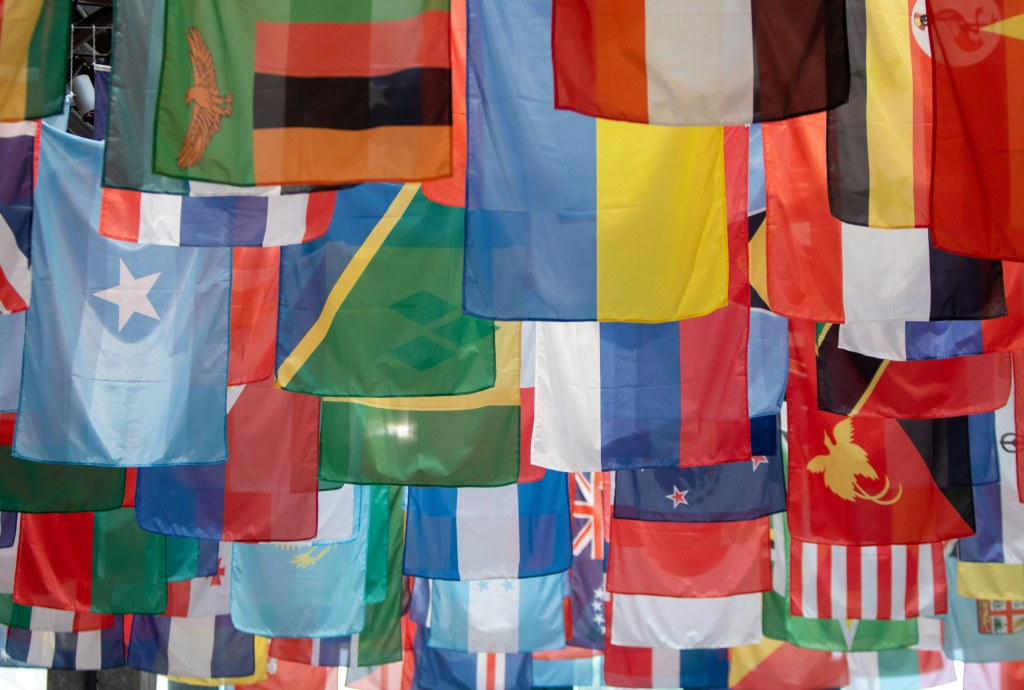Summarised by Centrist
The idea of the World Health Organisation (WHO) as a global health enforcer set to override national sovereignty by imposing mandatory vaccines, lockdowns, or travel restrictions is not supported by the amended International Health Regulations (IHR).
The WHO remains an advisory body without legal power to force any country, including New Zealand, to take specific health measures.
The key legal text in Article 22 makes it clear that the WHO Secretariat has no authority to direct or mandate member states’ actions.
Australian Senator Malcolm Roberts, who has reviewed the documents, confirms that obligations on countries are always qualified by terms like “subject to national laws” or “having regard to national sovereignty,” meaning countries retain full control over their own policies.
The most controversial parts, mandatory jabs and enforced lockdowns, were removed during the amendment process.
The changes mostly centre on increased coordination, information sharing, and voluntary cooperation, especially to assist developing nations in accessing medicines during pandemics.
A new funding mechanism was added to help finance future pandemic responses, but it is non-binding and does not require countries to contribute.
Ignoring WHO advice carries no penalties, as the organisation has no enforcement powers or legal means to impose sanctions.
However, a clause aimed at regulating “gain-of-function” research (laboratory work that can make viruses more dangerous) was removed, raising concerns that risky viral experiments remain largely unregulated.



















